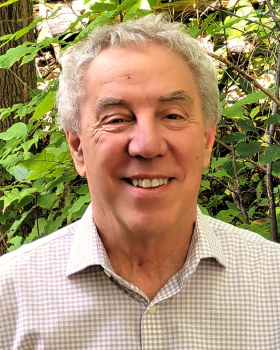Solar with Justice: Connecting States and Communities - Webinars & Events
Upcoming
There are no upcoming Solar with Justice webinars or events.
Recent
This CESA webinar covers a series of reports released by CESA and MIT in August based on a nationwide survey of community-based organizations. Report authors review key findings and lessons learned from the studies.
In this CESA webinar, Leech Lake Band of Ojibwe’s Eugene Strowbridge provided an overview of a forthcoming case study exploring the Tribal-State relationship through the experiences of the Leech Lake Band of Ojibwe, which began developing its Sustainability Program in 2014.
Washington, DC’s Solar for All program is a rooftop and community solar program aiming to benefit over 100,000 households with incomes at or below 80% of area median income. This webinar profiled the program and the ways its administrators have handled outreach and consumer education over the program’s seven-year history.
Berkeley Lab’s new report describes trends in solar-adopter household income, race and ethnicity, rurality, education levels, occupation, age, home value, housing type and tenure, and prevalence within disadvantaged communities. In this webinar, report authors shared their findings.
The Solar with Justice 2023 National Workshop will foster connections between state agencies and community organizations as well as provide opportunities for both groups to share opportunities and barriers to solar development in under-resourced communities.
NYSERDA’s Affordable Solar and Storage Predevelopment and Technical Assistance program in New York State is successfully addressing the predevelopment challenge for solar and storage projects for low- and moderate-income residents.
Ecolibrium3 Founder and CEO Jodi Slick will provide an overview of a community solar array and Resilience Hub in Duluth, Minnesota. This project provides a useful model for community-based organizations and state energy agencies interested in developing their own equity-focused energy and resilience projects.
In an effort to reduce the energy burden on low-income Michiganders, the Michigan Department of Environment, Great Lakes, and Energy collaborated with local community action agencies and utilities to develop three separate community solar pilot programs. Webinar panelists will discuss how the program partners developed each pilot, what they learned, and what advice they would give to those developing future programs.
Speakers from the Energy Trust will discuss their community engagement programs and expand on lessons learned and best practices.
California’s Solar for Multifamily Affording Housing Program shows how state energy agencies, community-based organizations, and nonprofits can collaborate to create impactful solar policy for underserved communities.

